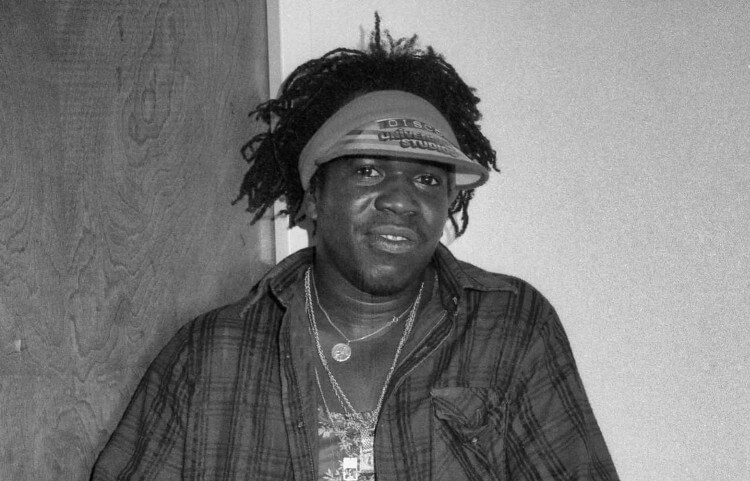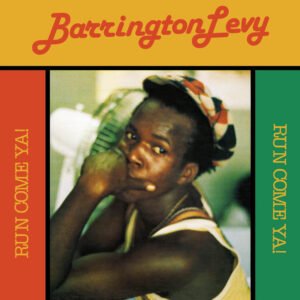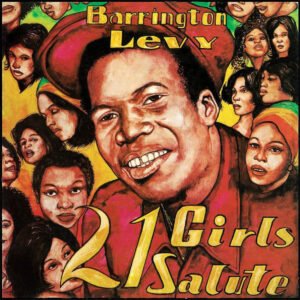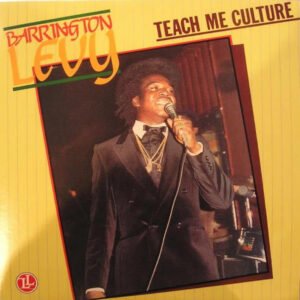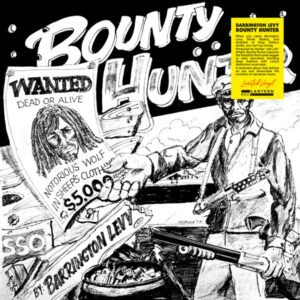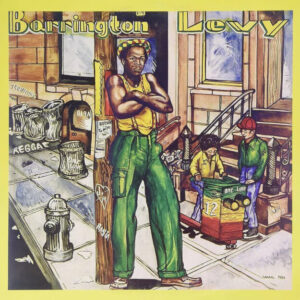Barrington Levy was one of the most influential voices to emerge from the 1980s dancehall scene. Known for his distinct, youthful “canary” voice, his singing has only improved over the years, with a clarity and range that truly stands out. His voice is both powerful and flawless in pitch.
As a young man, Barrington left home to chase his dream of becoming a professional singer. His family had relocated from Kingston to Clarendon, a rural area, but Barrington felt cut off from the music scene there. While his parents wanted him to learn a trade, all he wanted was to sing.
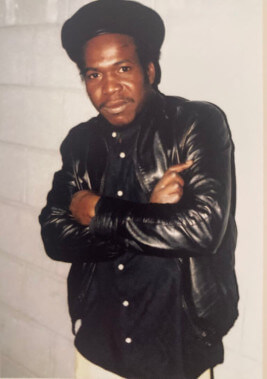
Determined to follow his passion, he returned to Kingston and led a wandering life while waiting for his big break. That break came when he and his cousin formed a group, The Mighty Multitude, and recorded “Black Girl.” Though only 14 and still developing his voice, the record made waves in the US and UK. A deal with Dynamic, a Jamaican label, followed, resulting in the single “Been A Long, Long Time.”
After the group disbanded, Barrington focused on a solo career. He sang with sound systems like Tapetone and Burning Spear in Payneland, where he was mentored by deejay Trinity. This led to a partnership with producer Henry “Junjo” Lawes, which launched Barrington’s career. His albums were released both locally and internationally.
In 1979, he dropped “Shaolin Temple” in the US and “Shine Eye Girl” in the UK, both produced by Junjo. Hits like “Bounty Hunter” and the album “Englishman” soon followed. The 1980 release of “Robin Hood” solidified his status, and singles like “Shine Eye Girl,” “Don’t Fuss and Fight,” and “Shaolin Temple” became fan favourites.
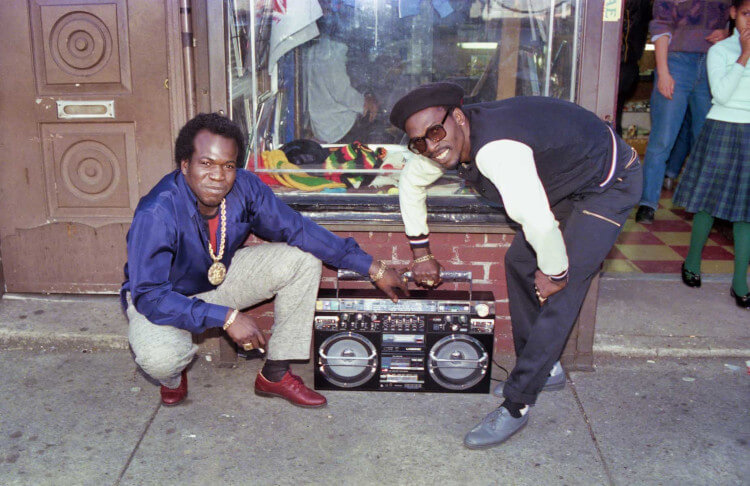
As his reputation grew, every producer in Jamaica wanted to work with him. Barrington collaborated with many, including Joe Gibbs, Linval Thompson and Channel One Studio. His 1981 hit “21 Girl Salute” and tracks like “Under Mi Sensi,” “Prison Oval Rock,” and “Here I Come” dominated the dancehall scene and cemented his international fame.
Barrington’s love for performing and his dedication to his craft are undeniable. His lyrics reflect both the fun of dancehall and deeper messages about culture and reality, with tracks like “Natty Dread Don’t Fuss Nor Fight” and “Teach the Youth.”
Even as he became a global star, he remained connected to his roots, building his own studio in Clarendon to create a quieter, more peaceful space for creativity. As Barrington says, “I never came into the business for the money; I came in for the love of it.”
Cover Photo: Barrington Levy in 1983 – photo by © Beth Lesser

